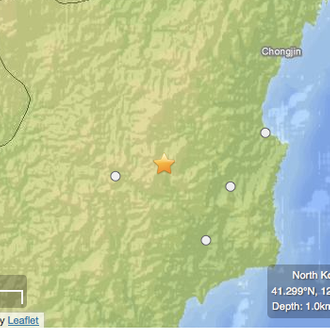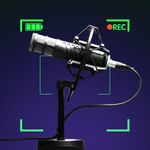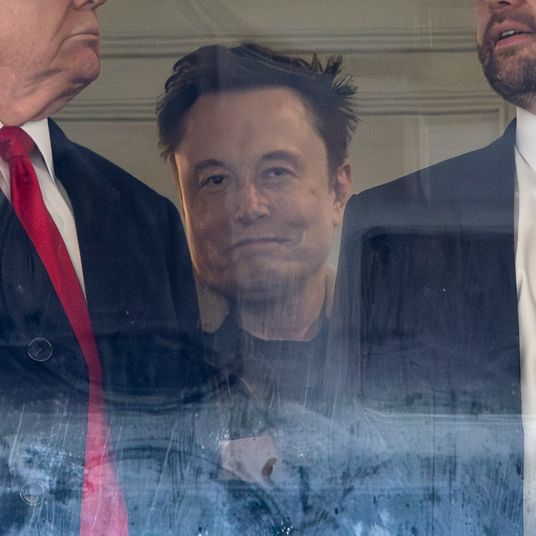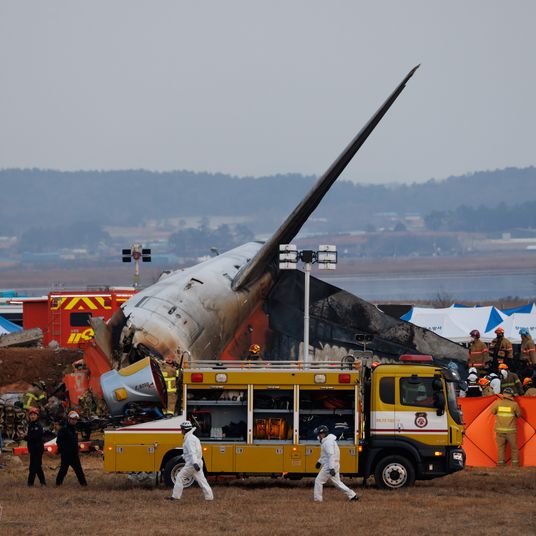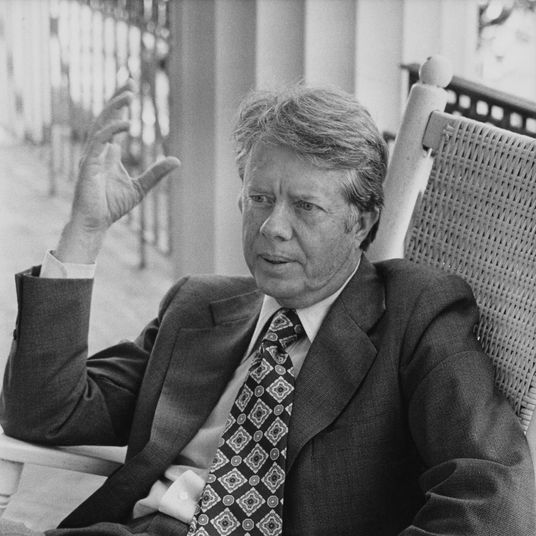When a magnitude 4.9 earthquake was detected in North Korea on Tuesday in an area that isn’t prone to seismic activity, it didn’t take long to figure out what had happened. The tremor, which experts in South Korea called an “artificial earthquake,” was soon confirmed to be the underground nuclear test that the country has been threatening for some time. “A third nuclear test has been successfully staged,” North Korea’s state news agency confirmed several hours later, adding that the test was conducted “to defend the country’s security and sovereignty in the face of the ferocious hostile act of the U.S.”
North Korea says the explosive was a “a smaller and light A-bomb unlike the previous ones,” and the New York Times reports that preliminary estimates suggest the test was much larger than the last two, but less powerful than the bomb dropped on Hiroshima. While North Korea is always quick to declare a victory, it could take days or weeks to determine if the test was successful, and whether a plutonium or uranium weapon was used. Previously, North Korea has used its limited supply of plutonium from defunct nuclear reactors, but as the Washington Post explains, if the country develops the ability to enrich uranium, it could produce many more bombs that are more difficult to detect.
The test wasn’t exactly a surprise, and not just because North Korea threatened last month to launch more long-range rockets and conduct a nuclear test as part of its “upcoming all-out action” against its “arch-enemy” the United States. While the test forces the White House to scramble a bit before the State of the Union, it seems North Korea is mainly trying to send a message to new South Korean President Park Geun-hye, who will be inaugurated later this month. The test is probably meant to be a reminder of the consequences of outgoing President Lee Myung-bak’s hard-line approach.
The move was widely condemned by world leaders, and an emergency meeting of the United Nations Security Council has been scheduled for 9 a.m. in New York. In a statement, President Obama called the test a “highly provocative act,” that “warrants further swift and credible action by the international community.” However, Obama was already threatening to take action for the missile launch, and the U.N. is running out of sanctions to impose. The next move may be up to China, North Korea’s closest ally, which had warned the nation not to conduct any more tests. New leader Xi Jinping has suggested that he wants to improve China’s relationship with the U.S., but maybe not enough to stop bolstering North Korea, risking the collapse of its volatile neighbor.
This post has been updated throughout.
